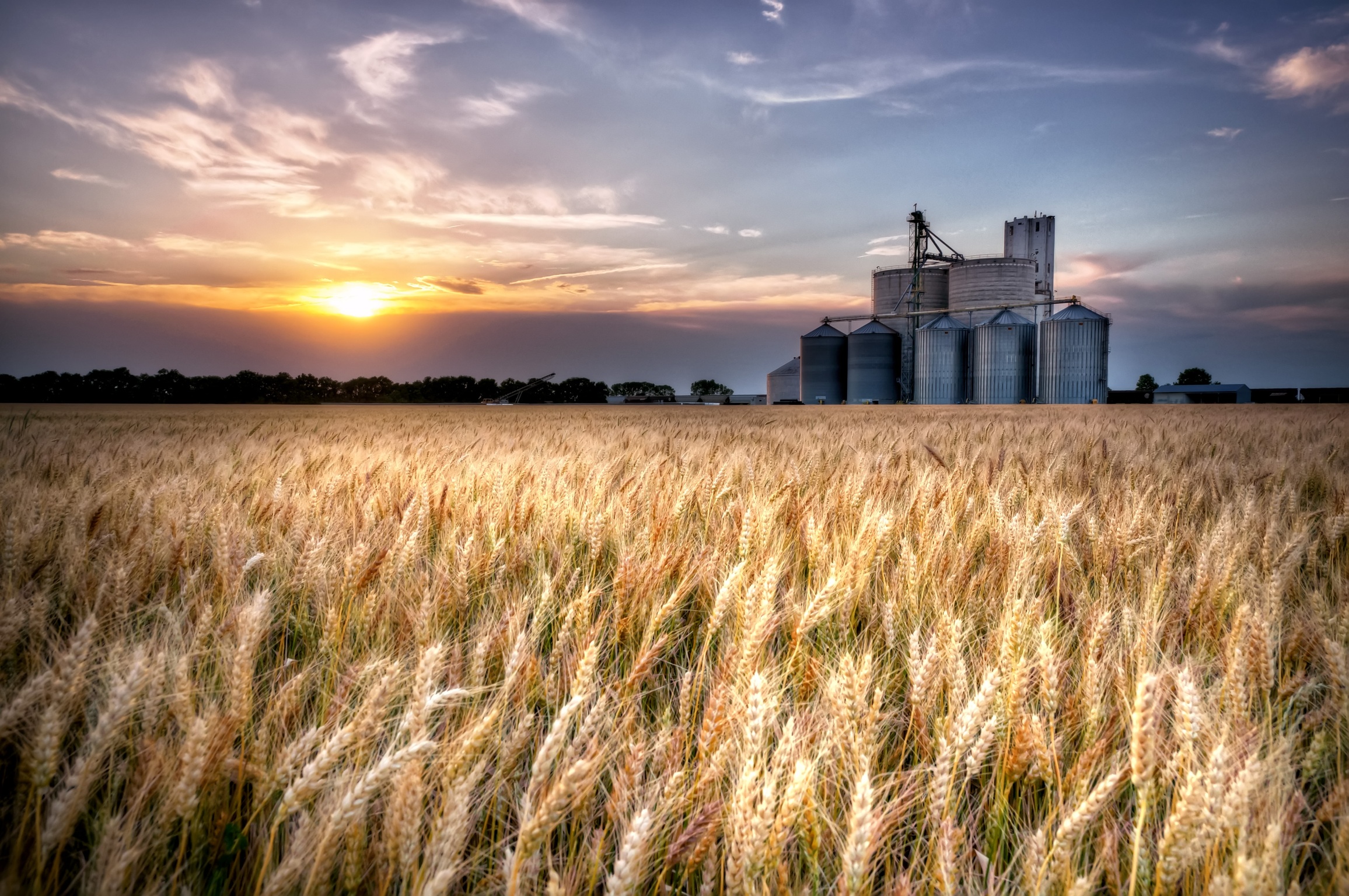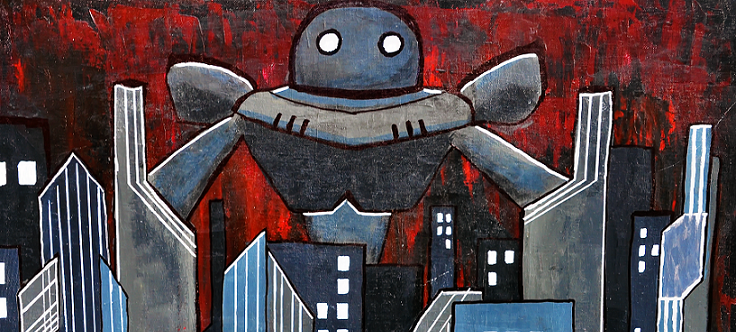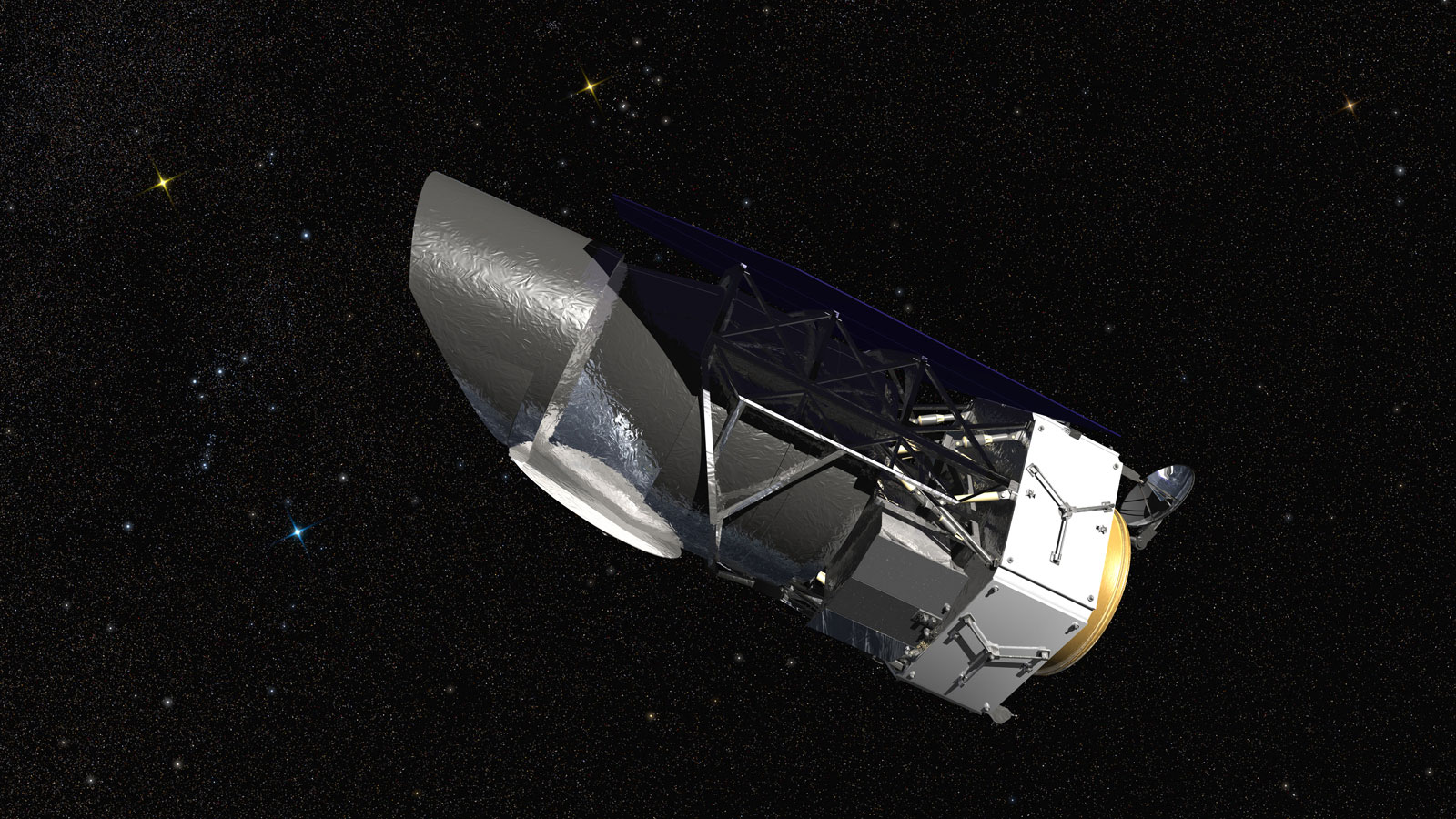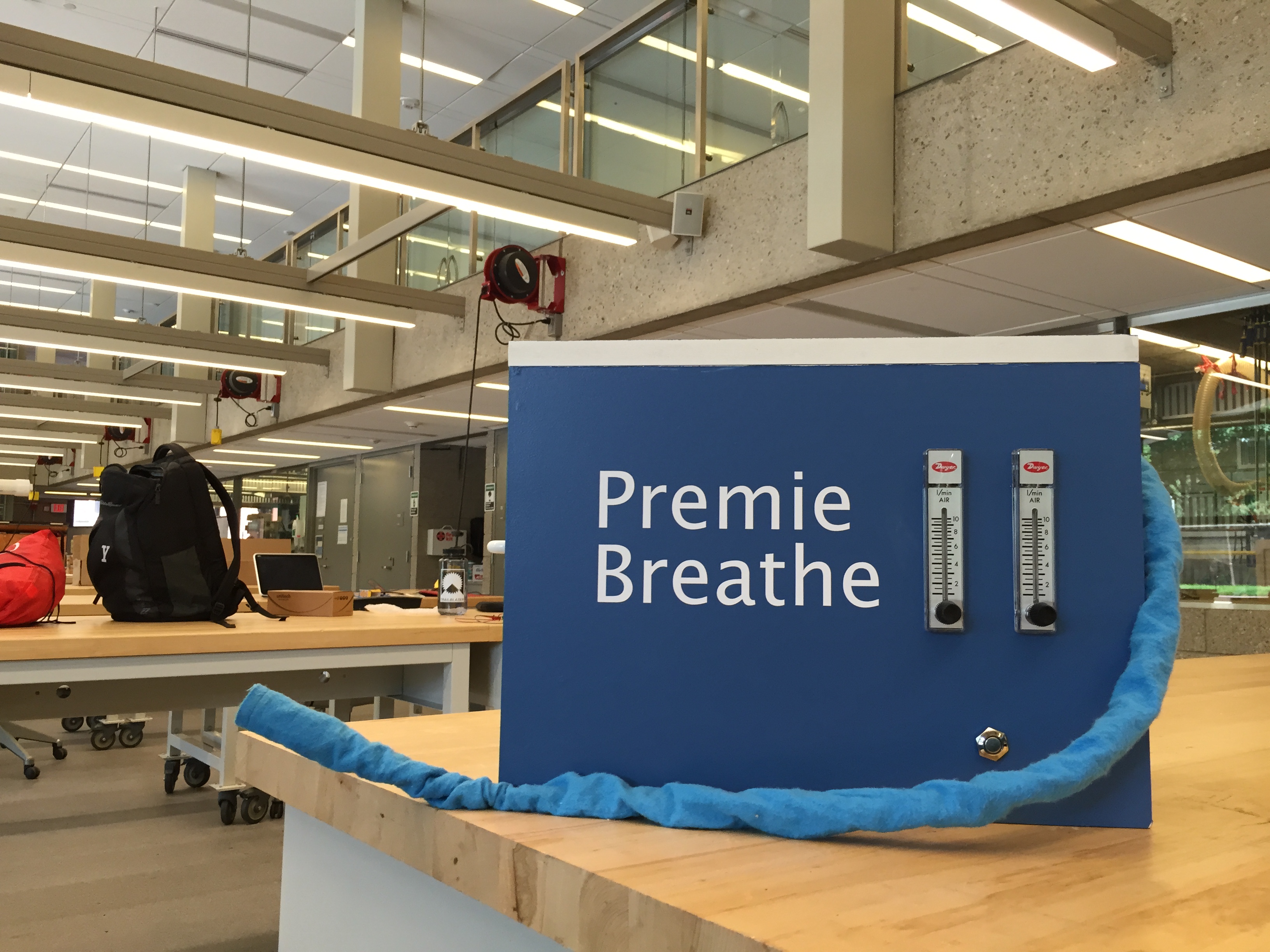
How Do We Value Nature? Market Breakdowns and Technological Bridges
In the wake of international commitments to a greener future at COP21, debates are raging across the globe over what environmentalism is worth to a population. Accurate economic quantifications are crucial to informed decisions, and researchers are responding to the call for a new methodology of valuing natural assets.







